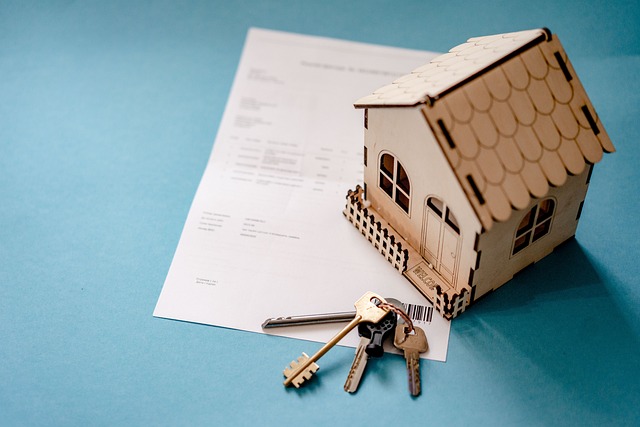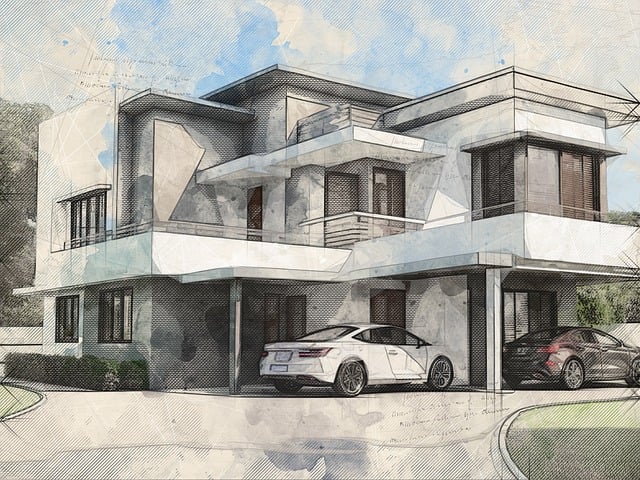After five years, Singapore's Executive Condominiums (ECs) transition from public-to-private housing status, altering their eligibility and resale dynamics. Originally designed for young couples and families transitioning from Housing & Development Board (HDB) flats, ECs offer a hybrid model that combines benefits of both public and private housing. Once an EC reaches its fifth anniversary, it becomes a standard private condominium, which changes its marketability and the criteria for new ownership. The earlier requirement that at least one occupier be a Singapore citizen or SingPass account holder for five years is no longer applicable post-transition. This change allows EC owners to sell or rent their properties on the open market to Singapore citizens, permanent residents, and eligible foreigners, broadening the potential buyer pool and enhancing liquidity. Prospective EC owners must understand these changes to make informed investment decisions and adapt their long-term housing strategies to the shifting landscape of the Singaporean property market. The Executive Condo Requirement plays a crucial role in this transition, ensuring that ECs remain versatile enough to meet the evolving housing needs of residents. Understanding the Executive Condo Requirement is essential for those looking to resell or upgrade their units after the initial occupancy period, as it impacts the resale value and marketability of these properties.
Executive Condominiums (ECs) in Singapore offer a unique blend of public and private housing benefits, designed for couples who wish to upgrade from HDB flats. This article delves into the transformative journey of ECs as they reach the five-year milestone, marking significant changes in their status, eligibility, and value. We will explore the evolution of ECs, the shifts in residency eligibility post-five years under the Executive Condo Requirement, and the diverse housing options that become available to EC owners once they surpass this threshold. Join us as we navigate the intricacies of EC living beyond the halfway mark to the next chapter of homeownership.
- Understanding the Evolution of Executive Condominium (EC) Status Post-Five Years
- The Five-Year Journey: EC Eligibility and Homeowner Transitions
- Beyond the Half-Decade Mark: Resale and Subsequent Housing Options for ECs After 5 Years
Understanding the Evolution of Executive Condominium (EC) Status Post-Five Years

After five years, an Executive Condominium (EC) undergoes a significant transformation in its status and eligibility requirements within the Singaporean housing market. Initially designed to cater to young couples and families who are unable to afford a private property but aspire to upgrade from a Housing & Development Board (HDB) flat, ECs are hybrid housing options that offer the benefits of both public and private housing. Upon reaching the five-year anniversary since its acquisition, an EC transitions to a private condominium. This change is pivotal as it affects the resale value and the eligibility for new owners. The Executive Condo Requirement, which initially stipulates that at least one occupier must have been an ordinary citizen or a SingPass account holder for at least five years before purchasing an EC, becomes less applicable post-transition. Subsequently, there is no longer a requirement for the owner to sell the unit back to the HDB if they wish to move, unlike during its initial EC tenure. This evolution in status allows the property to be sold or rented on the open market to Singapore citizens, permanent residents, or eligible foreigners, thus expanding the pool of potential buyers and increasing the liquidity of the asset. The transition also signifies a shift in the property’s classification, affecting the types of buyers who are now able to purchase it and the price at which it can be sold. Understanding this evolution is crucial for prospective EC owners as it influences their long-term investment strategies and housing plans within the dynamic Singaporean property market.
The Five-Year Journey: EC Eligibility and Homeowner Transitions

When an Executive Condominium (EC) in Singapore transitions from being eligible for purchase by singles or couples who are first-time flat owners to catering to more established homeowners, a significant shift occurs within its market dynamics. Over the course of five years, an EC evolves through different phases of eligibility under the Housing & Development Board (HDB). Initially, it is accessible to those who meet the Public Private Housing (PPHH) scheme criteria, which includes at least one applicant who has never owned a flat before. As time progresses, the eligibility criteria expand to include individuals and families who can apply regardless of their prior flat ownership. This shift reflects the changing needs and life stages of potential residents, allowing for a more inclusive housing environment.
The journey of an EC from being under the purview of the HDB to falling under the Resale Price Limits (RPL) after five years is indicative of its pivotal role in bridging the gap between public and private housing. During its first five years, an EC serves as a stepping stone for younger couples and first-time homeowners who enjoy certain subsidies and benefits. After this period, it becomes accessible to a broader spectrum of applicants, including multi-generational families seeking larger living spaces or individuals looking for a premium condo experience without the price tag typically associated with private properties. This transition underscores the adaptability of ECs in catering to various homeowner transitions and their role as a versatile housing solution within Singapore’s property landscape.
Beyond the Half-Decade Mark: Resale and Subsequent Housing Options for ECs After 5 Years

Executive Condos (ECs) in Singapore offer a unique housing solution for eligible couples and families, bridging the gap between public and private housing. As these properties are designed for Singapore citizens and permanent residents to own and live in them for a minimum of five years, understanding the implications post this period is crucial for prospective EC owners. Beyond the half-decade mark, options for resale or upgrading become pertinent. The Executive Condo Requirement mandates that an EC must be occupied as the sole residence of its owners for a stipulated period, typically five years, before it can be sold to either Singapore citizens or permanent residents. This policy ensures stability within these communities while catering to the evolving needs of families.
Upon reaching the five-year tenure, owners who wish to move on can explore the resale market, where they can sell their EC to other eligible Singaporeans. It’s also an opportune moment for upgrading, as some owners may opt for larger units within an EC development, given the equity they have built over the years. Alternatively, they might consider private property or HDB flats, depending on their financial situation and housing needs. The resale value of an EC is influenced by various factors, including its location, condition, and the overall property market. Owners looking to sell should take note of these dynamics to make informed decisions about their next step in the property ladder. Additionally, understanding the prevailing Executive Condo Requirement and market trends is essential for owners considering resale or upgrading options after the five-year tenure.
After a comprehensive exploration of the topic, it is evident that the lifecycle of an Executive Condominium (EC) undergoes significant changes following five years of ownership. Initially catering to younger couples and first-time homeowners under the EC requirement, these properties evolve as they become eligible for resale on the open market. The transition post-five years not only affects individual homeowners but also shapes the landscape of Singapore’s housing ecosystem. Owners looking to upgrade or downsize have a plethora of options, as the resale value of ECs tends to increase after this period, reflecting the maturation and stability that such properties offer. As detailed in the article, understanding the evolution of an EC’s status beyond the half-decade mark is crucial for long-term housing planning within the diverse property market of Singapore.
